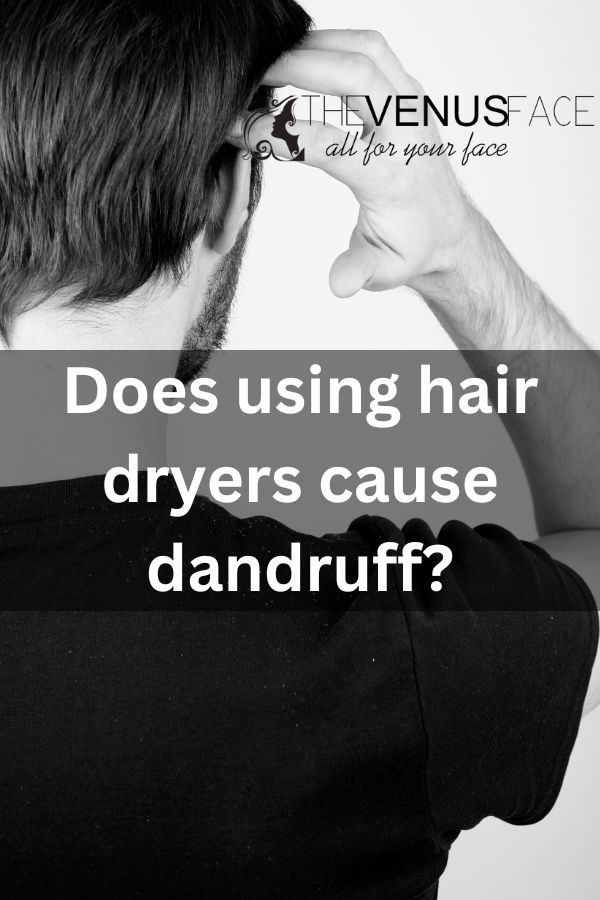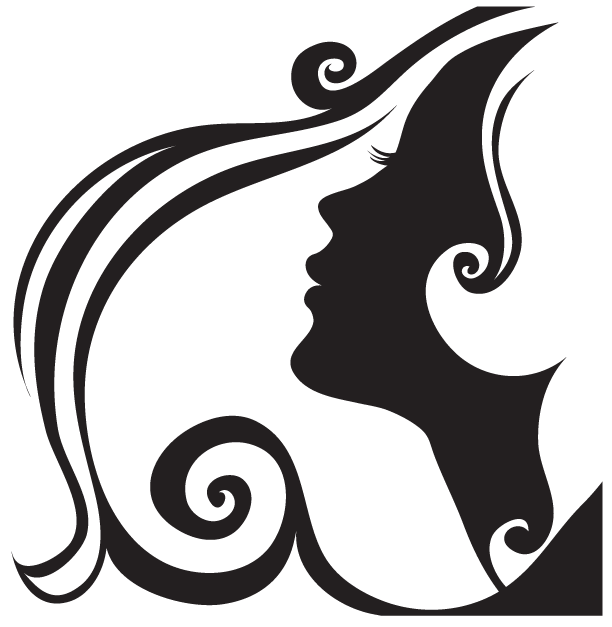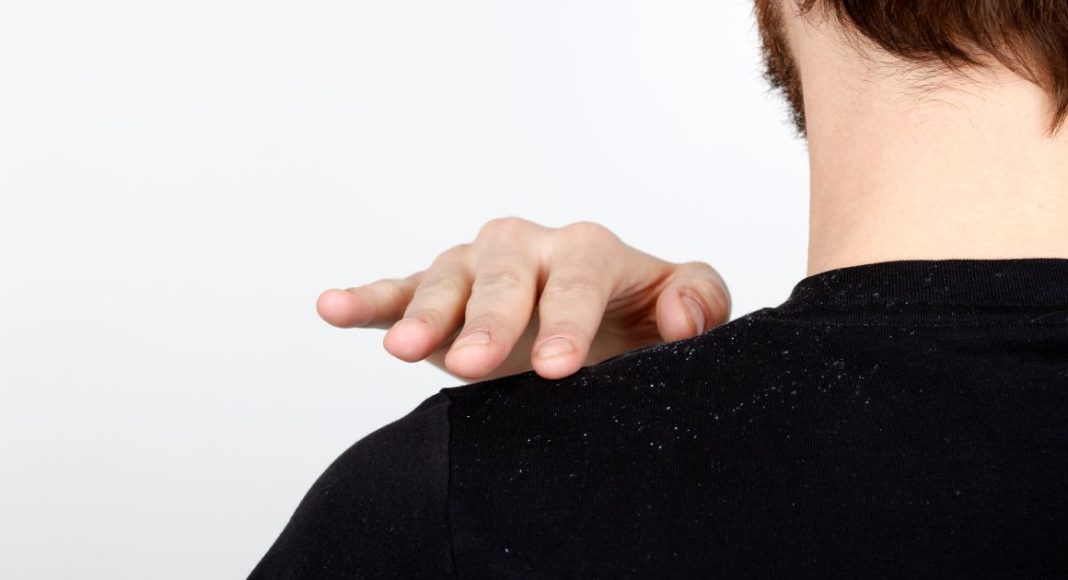Does your beloved hair dryer cause dandruff? Picture this: you’re getting ready for a hot date, a big meeting, or maybe just a cozy night in with Netflix and snacks. You whip out your trusty hair dryer, start blow-drying those luscious locks, and suddenly, you wonder if you’re also blow-drying your way to a snowy scalp! But fear not, because we’re about to unravel the secrets of the hair dryer and its potential connection to everyone’s not-so-favorite snowfall, dandruff. So, put on your detective hats, and let’s embark on this hair-raising (pun totally intended) adventure!

Does using hair dryers cause dandruff?
Using a hair dryer excessively and subjecting your scalp to high heat can potentially contribute to dandruff. The heat from the hair dryer may dry out your scalp, leading to flakiness and irritation, which are common symptoms of dandruff. However, it’s important to note that dandruff can have various causes, and excessive heat styling is just one of them.
To minimize the risk of dandruff while using a hair dryer, consider the following tips:
- Use your hair dryer on a lower heat setting to reduce scalp irritation.
- Maintain a proper hair care routine to keep your scalp healthy.
- Avoid prolonged or excessively hot blow-drying sessions.
It’s worth mentioning that not everyone who uses a hair dryer will develop dandruff. Factors like your hair type, genetics, and overall scalp health also play a significant role.
More: How Long Do You Sit Under a Hair Dryer for Dreads?
Should I blow dry my hair if I have dandruff?
Blow-drying your hair when you have dandruff can exacerbate the condition. Dandruff is often associated with dryness and flaking of the scalp. The heat from a hair dryer can further dry out your scalp, potentially worsening dandruff symptoms.
To manage dandruff effectively, consider the following tips:
- Limit Blow Drying: Reduce the frequency of blow-drying your hair, as excessive heat can lead to scalp dryness.
- Use a Low Heat Setting: When you do use a hair dryer, opt for a lower heat setting to minimize scalp irritation.
- Maintain a Healthy Scalp: Incorporate a dandruff-specific shampoo into your hair care routine to address the root cause of the issue.
Remember that dandruff can have various causes, including fungal overgrowth and skin conditions. Adjusting your hair care routine and avoiding excessive heat can help manage dandruff, but it’s essential to address the underlying cause for long-term relief.
How to dry hair with dandruff?
Drying hair when you have dandruff requires special care to avoid exacerbating the condition. Here are some tips to help you dry your hair effectively with dandruff:
- Use a Gentle Towel: After washing your hair, gently pat it dry with a soft, absorbent towel. Avoid rubbing vigorously, as this can irritate the scalp.
- Avoid High Heat: When using a hair dryer, select a low or cool setting to minimize scalp irritation. Excessive heat can worsen dandruff symptoms.
- Maintain Scalp Health: Incorporate a dandruff-specific shampoo into your routine to address the underlying cause. Use it as recommended by your dermatologist or as indicated on the product label.
- Moisturize the Scalp: Consider using a moisturizing scalp treatment or oil to combat dryness. Apply it sparingly and leave it on for a short time before washing.
- Regular Care: Continue your dandruff treatment regimen as prescribed or recommended by a healthcare professional to keep your scalp healthy.
More: Does Hair Dryer Cause Hair Loss?
Can too much heat on hair cause dandruff?
Yes, excessive heat on your hair can contribute to the development of dandruff. The excessive use of heat-styling tools like hairdryers and straighteners can lead to a dry scalp, which is a common precursor to dandruff.
Here’s how excessive heat can cause dandruff: Excessive heat can strip the scalp of its natural oils, leading to dryness and flakiness, which are characteristic of dandruff.
To prevent dandruff caused by excessive heat:
- Reduce Heat Usage: Limit the use of heat styling tools and opt for lower heat settings when you do use them to minimize scalp dryness.
- Use Heat Protectants: Apply heat protectant products before using heat styling tools to create a barrier between the heat and your scalp.
- Maintain Scalp Health: Incorporate a dandruff-specific shampoo into your hair care routine to address the underlying issue.
- Avoid Excessive Washing: Overwashing your hair can also contribute to scalp dryness. Stick to a regular washing schedule that suits your hair type and lifestyle.
- Consult a Professional: If dandruff persists despite your efforts, consult a dermatologist or hair care professional for tailored advice and treatment options.
Remember that while heat can be a factor, dandruff can also have other causes, such as fungal overgrowth or skin conditions. Addressing the underlying cause is essential for long-term relief from dandruff.
More: How to Get Rid of Dandruff in African American Hair?
Conclusion
Does the hair dryer cause dandruff? Well, there you have it, folks! We’ve embarked on a whirlwind adventure through the world of hair dryers and dandruff. We’ve combed through the facts and had a blast blow-drying away the myths!
In conclusion, no need to get your strands in a twist worrying about your trusty hair dryer causing dandruff. While it’s true that excessive heat can potentially dry out your scalp and make it flaky, the real culprits behind dandruff are more likely to be those pesky fungi, stress, or even genetics.
So, keep rocking that fabulous hair dryer of yours, and remember, the only thing it’s blowing away is wetness – not your chances of having a flake-free scalp! Stay fluff-tastic, my friends!


